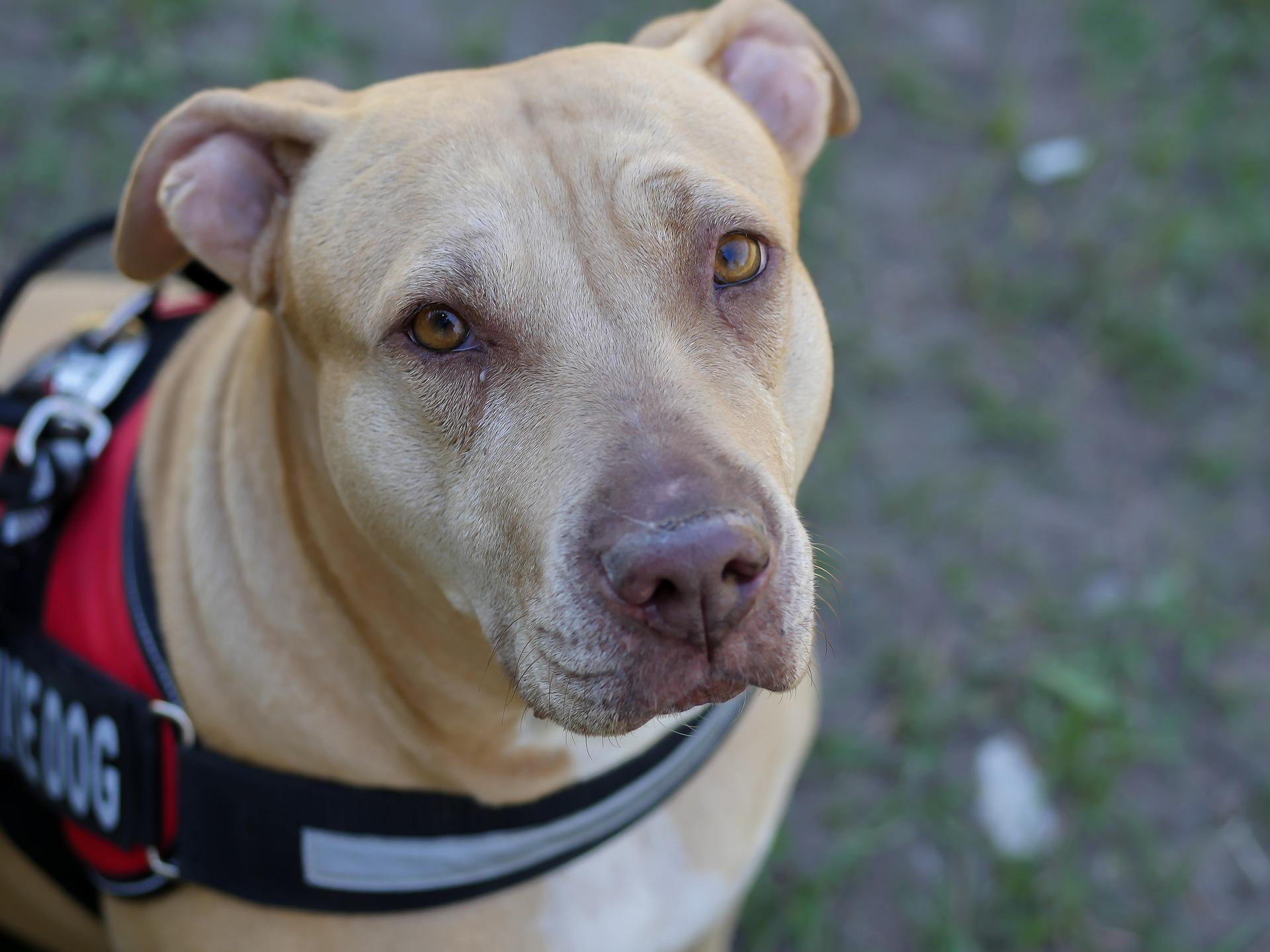The terms service dog and assistance dog have become more common in modern society, but many get the two confused. Service and assistance dogs are both working dogs with specialized training, meant to assist an individual (or group of people) with a disability or specific needs. However, service dogs are very different in the eyes of the law from other working dogs, such as police dogs or search-and-rescue dogs. The Americans with Disabilities Act defines service dogs – or other animals – as those that are individually trained to perform tasks for people with disabilities. The dog is not a pet but is specifically trained to assist with issues directly related to the disability.

Service dog categories include:
Autism Support Dogs
Hearing Impairment Support Dogs
vision Support Guide Dogs
Diabetic Alert Dogs
Seizure Response Dogs
Allergy Detection Dogs
Mobility Assistance Dogs
PTSD Service Dogs
Medical Alert Dogs
Important: Neither emotional support dogs nor therapy dogs qualify as service animals.
Under the Act, a service dog cannot be denied entry to businesses (including restaurants), state and local government facilities, or organizations that serve the public. However, these dogs must be under the complete control of the handler at all times. Disabled people with service dogs can only be asked to leave if the dog is out of control or if the dog is not housebroken. Under the law, an individual with a service dog cannot be asked about their disability. An establishment is only allowed to ask if the animal is a service dog required to assist with a disability.
Does a Service Dog Need to be Registered?
Given the special restrictions, you may think registering a service dog would be mandatory. However, it is not required by law – although it could make your life easier. Many people trying to bring their dogs out with them in public falsely claim that the dog is a service animal. Documentation could ensure that you are protected and enjoy the rights afforded to you.
If you decide to register your dog as a service animal, there are a few different options.
General Organizations
What Can Help to Identify Service Dogs Out in Public?
As discussed, it is not required for a service dog to have specific visible identification, but it can help others to understand that the dog is working and should not be approached. While strangers should never approach any dog in public, many do. It is vital for service dogs not to be approached, distracted, or petted. Service dog identification can help others understand that your dog is a professional and has a job to do.
Some of the most effective identification methods for service dogs include:
- Service animal registry vests
- Special identifying harnesses and collars
- Badges or tags that outline the dog’s position and date of registry
In conclusion, registering a service dog is not required but can effectively ensure your rights and privacy are respected.
Gulf Coast K9 Dog Training is a professional dog training and obedience facility located in Bradenton, Florida. We are committed to your dog’s health, safety, and well-being through comprehensive training, from puppies to mature dogs.




